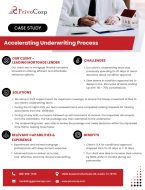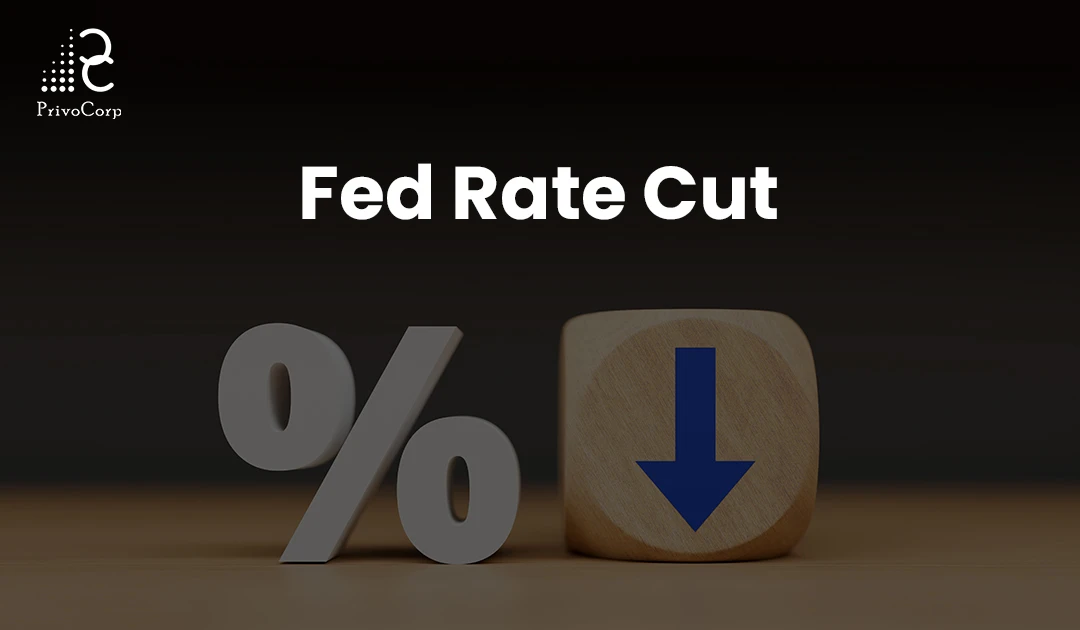The fall season is a great time for people to move locations and look to buy homes. The demand for home purchases has been high over the past several weeks. Mortgage lenders have had to deal with a large number of applications from borrowers. A mortgage lender needs to assess the borrower’s information carefully before sanctioning the loan. This is where mortgage underwriting comes in.
The mortgage underwriting process involves conducting an in-depth assessment of the borrower’s financial background, verifying assets, income, and overall credits to see if they are eligible for the mortgage.
The underwriting process is the most important and costliest process in mortgage originations. It helps a lender decide if they can approve the loan application. The peculiarity of this process makes it incur huge costs and consume a lot of resources. You can now see how displeasing it will be if issues are discovered that hamper its progress after much time and resources are already spent in the process.
All hope is not lost as we reveal the common issues affecting this process and, of course, show you a way out.
The Role of a Mortgage Underwriter
Many call the mortgage underwriting process a “behind the scene process.” So yeah, that’s quite interesting. But do you know that there is someone behind the scene? That person is the mortgage underwriter, who is the anchor of the mortgage underwriting process.
The mortgage underwriter is a financial expert who makes an in-depth assessment of borrowers’ financial history and credit scores. In addition, the underwriter evaluates the risk you may face if you approve the loan.
We can boldly say that the underwriter helps the lender decide whether to approve the loan or not.
Common Issues That Affect the Underwriting Process
It’s pretty evident that the underwriting process is the most crucial stage of the entire mortgage process. Having known this fact, we are further analyzing some factors that influence the underwriting process. Remember!! This process incurs enormous costs and consumes several resources; hence you need to treat it seriously.
Let’s dig right into it.
Data Quality
People underestimate the importance of data in several works of life. The entire human day-to-day dealings thrive on data. Data means information, and the underwriting process is an assessment of the data or information borrowers provide.
It’s pretty appalling that some borrowers want a mortgage loan but yet provide lenders with poor data? Remember, the quality of the application speaks volumes of the borrower. The underwriter reviews the application and needs to identify these shortcomings.
The underwriter needs to judge the data based on the following;
- Accuracy
- Consistency
- Completeness
- Reliability
- Up to date status
An underwriting support team will spot out these shortfalls and address them appropriately.
Missing Information
Imagine what a displeasing situation it will be when you pump in resources in an underwriter, but the underwriter finds crucial information missing from the borrower’s application. Such a situation will slow down the underwriting process and will waste time and resources.
At times it may not be about missing information, but information that is not legible or too complex that the underwriter finds it hard to understand without due explanation from the borrower.
The big question is, how do you make sure the underwriter utilizes his time to the best capacity? Of course, the perfect answer is to conduct a pre-underwriting process. The pre-underwriting process will help verify and collate all documents. Then, if any information is missing or needs more information, the underwriting support team sends it back to fetch that missing information.
Only verified applications with a high chance of approval are sent to the underwriter to optimize time and resources in the underwriting process.
Credit Issues with the Borrower
Yeah, the borrower will submit his credit history, but you need to consider those with a good credit history. Unfortunately, there are many bad credits out there, and as a lender, you have to ensure you do not fall prey to people with bad credits.
Some credit problems include fraud or identity theft, late payments, high credit balance, short credit history, etc. Therefore, the pre-underwriting process will look in-depth into the borrower’s credit to spot bad credits and ensure the underwriter only receives applications with good credit history.
Income Discrepancies
Lack of compatibility or consistency in the income documents of the borrower spells bad business. Therefore, you should look out for clearly laid out and presented income statements. Your best bet will be a pre-underwriting process, as this will ensure the underwriter only works on applications where there are no income discrepancies.










